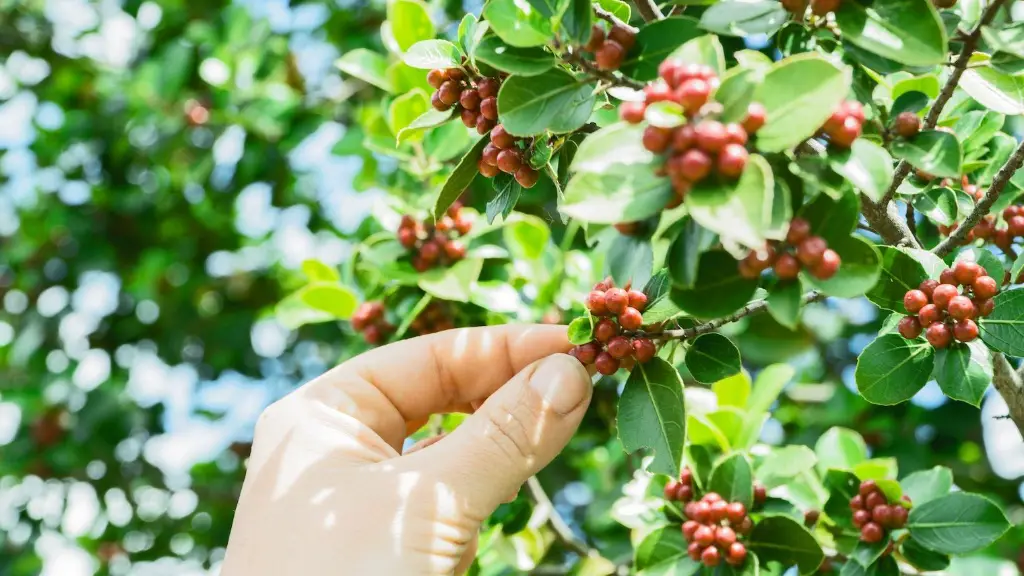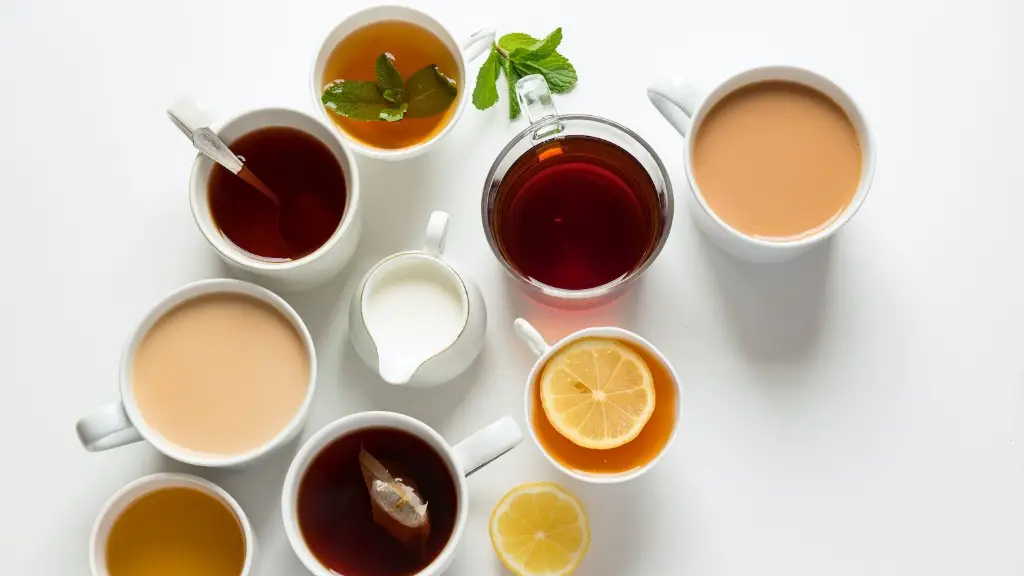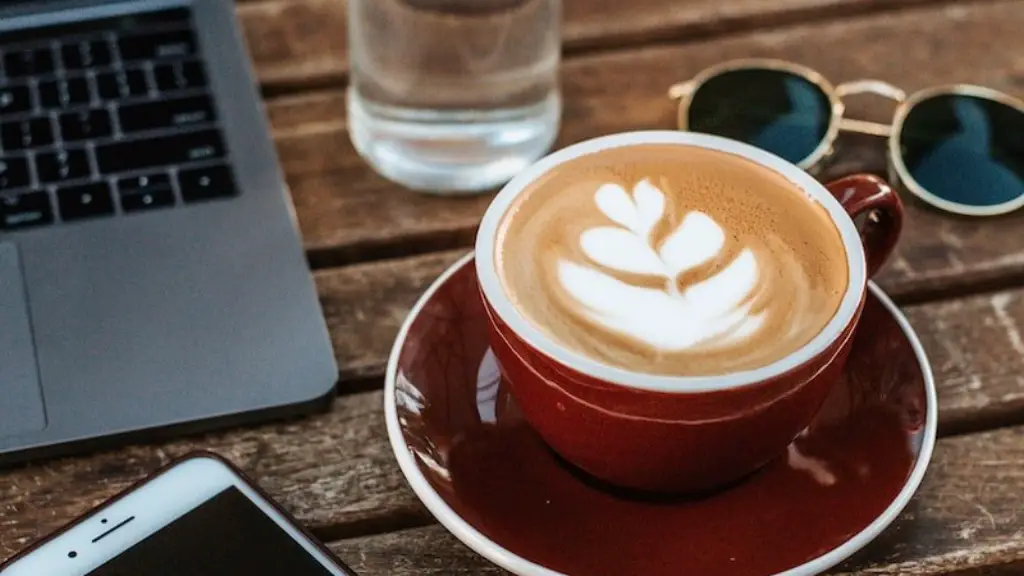Background
Intermittent fasting is an eating pattern that cycles between periods of eating and fasting. It is becoming increasingly popular. Fasting is used in different ways and has a variety of health benefits such as improving insulin sensitivity, helping the body to burn fat, and facilitating gene expression. During fasting, there is no consumption of calories and people may go for periods of time without consuming food, although they may drink water, tea and coffee. Coffee drinking during intermittent fasting is common and there are both positive and negative opinions about it.
Pros of drinking coffee during intermittent fasting
Coffee has a number of benefits when consumed during intermittent fasting. Firstly, coffee contains healthful antioxidants and nutrients, such as lignans, quinines, and magnesium, that can help to improve overall health. Additionally, coffee can help to reduce cravings, improve energy levels, and improve mental focus.
Furthermore, studies have shown that coffee can boost your metabolism and help you to use more fat for energy, including reducing fat storage in the body. This can help to make intermittent fasting more effective. Additionally, coffee can help to decrease hunger levels and suppress appetite which can make it easier to stick to the intermittent fasting regimen.
Cons of drinking coffee during intermittent fasting
Despite all of the health benefits, there are some potential side effects associated with drinking coffee during fasting. Firstly, it can be difficult to maintain optimal levels of caffeine in the body while fasting. Too much caffeine can lead to side effects such as anxiety, insomnia, and digestive issues. Secondly, coffee can interfere with electrolyte balance in the body, leading to dehydration and electrolyte imbalances. Lastly, caffeine can also disrupt sleep patterns, impair mental and physical performance, and contribute to poor decision-making.
Alternatives to coffee during intermittent fasting
There are certain alternatives to coffee that are still suitable for intermittent fasting. Tea, for example, can still provide some of the health benefits of coffee with lower caffeine levels. This can help to reduce the risk of side effects. Additionally, herbal teas and decaffeinated coffee can also be consumed during intermittent fasting to help reduce anxiety, improve mental focus, and curb cravings.
Moreover, certain ingredients such as bone broth, apple cider vinegar, and green tea extract may also contribute to health benefits and reduce the risk of side effects associated with coffee consumption.
Timing
When it comes to timing, coffee consumption should be limited to the window of eating, that is, during the time when intermittent fasting ends in order to maximize its potential health benefits. If a person is not fasting for a long period of time, coffee can be consumed in moderation at any time during the day.
It is important to note that caffeine should not be consumed too late in the day or else it can lead to insomnia and other issues. Additionally, certain individuals may be more sensitive to caffeine than others, so it is important to listen to your body and adjust your caffeine intake accordingly.
Summary of research
In conclusion, research suggests that coffee can be beneficial for intermittent fasting. It can help to reduce cravings, improve energy levels, increase fat burning, and suppress appetite. At the same time, it is important to be aware of the potential side effects of too much caffeine, including insomnia, anxiety, and dehydration. Additionally, individuals should pay attention to their body and adjust their caffeine intake accordingly. Lastly, it is important to consume coffee during the eating window of intermittent fasting in order to get the maximum health benefits.
Personl Experience
From my personal experience, I have found that drinking coffee during intermittent fasting can be beneficial. It certainly helped to reduce my cravings and suppress my appetite. It also gave me an energy boost that made it easier for me to stick to the fasting regimen. I found that I was able to increase my intermittent fasting window from 16 to 18 hours.
However, I also experienced some side effects from drinking too much coffee. Namely, I had trouble sleeping due to late-night caffeine consumption and I also experienced some insomnia. Now, I make sure to limit my caffeine intake to the morning and afternoon and I rarely consume any after 5 pm. This has helped me to avoid the potential side effects of caffeine and to maximize the benefits of drinking coffee during intermittent fasting.
Other Beverages
Intermittent fasting can be greatly assisted by the consumption of beverages other than coffee as well. For example, herbal teas, green tea extract, bone broth, and apple cider vinegar can provide health benefits, energy boosts, and cravings reduction without the risk of excessive caffeine. Additionally, these beverages are hydrating and won’t interfere with electrolyte balance in the body like coffee can.
Moreover, for those who are overly sensitive to caffeine, teas and other beverages may be the better choice. Teas such as chamomile, ginger, mint, and turmeric all contain low levels of caffeine and provide health benefits, taste and satisfaction. Additionally, consuming foods such as leafy greens and other nutrient-dense foods during intermittent fasting can provide a greater feeling of satisfaction with fewer calories.
Foods
Eating during intermittent fasting can be an effective way to boost energy and stay satisfied throughout the day. Foods that are rich in healthy fats and protein can be a good option during intermittent fasting as they offer sustained energy and lasting satiety. For example, nuts, seeds, legumes, and fish are all excellent sources of protein and healthy fats.
Additionally, these foods also provide plenty of fiber, which is important as it can help to reduce hunger pangs and cravings. Eating during intermittent fasting can also reduce the risk of over-eating and binging later in the day. As such, it is important to make sure you are getting enough nutrients and opting for healthy food sources even when fasting.
Moderation
It is important to remember that moderation is key when it comes to intermittent fasting. Whether it is coffee, teas, food, or other beverages, it is important to pay attention to your body, listen to its signals, and adjust your consumption accordingly. Additionally, it is important to be aware of the potential side effects of coffee and other caffeinated beverages. Too much caffeine can lead to a variety of health problems, so it is important to be mindful of your consumption.


